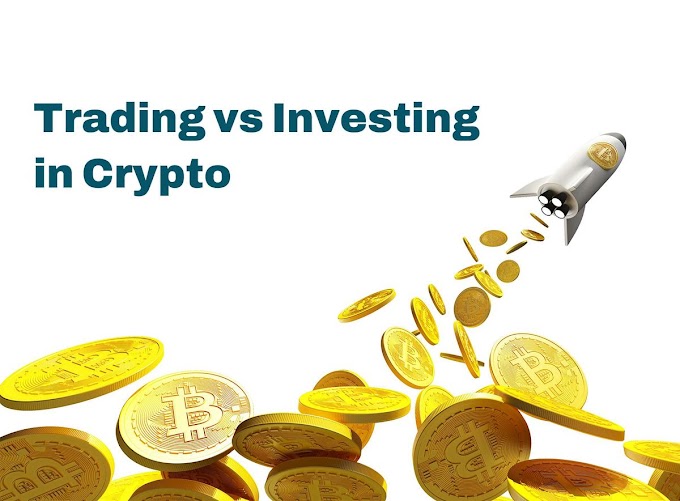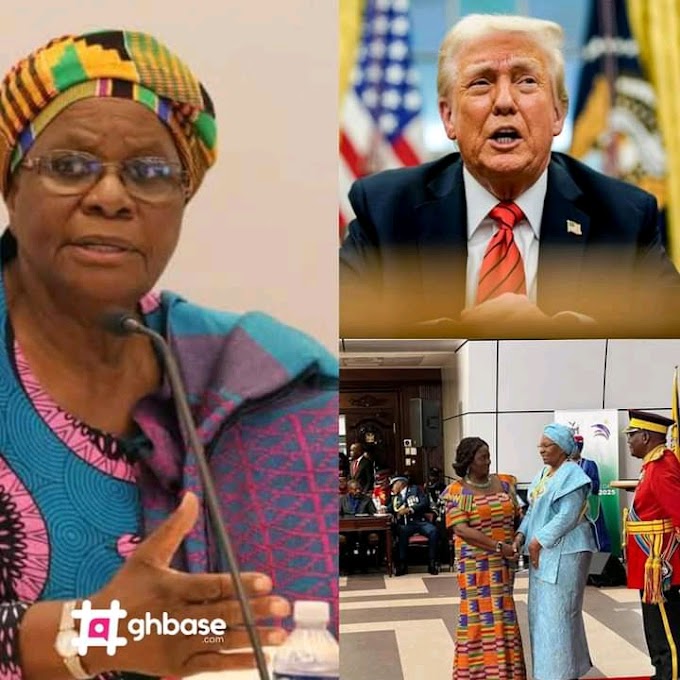As the Eid-ul-Adha celebrations approach, the relentless hike in general goods prices is significantly impacting the cost of livestock, crucial for the festivities. This year, celebrants visiting the Tulaku livestock market have been met with shockingly high prices, diminishing their purchasing power.
Over the past few months, the prices of goods have soared, and the global observance of Eid-ul-Adha has further driven up the cost of key commodities. Livestock, particularly rams and cattle, essential for the celebrations, have seen prices more than double.
Tulaku market, the largest livestock hub in the Kpone Katamanso district of the Greater Accra Region, is bustling with Muslims from various regions. However, the staggering price increases have left many in disbelief. Ayisha, a regular buyer, lamented the cost of a cow she purchased for fourteen thousand cedis this year, compared to just six thousand five hundred cedis last year. She expressed concern that many celebrants might not be able to afford the livestock needed for the festival.
Rams, which were priced under five thousand cedis last year, have now surged by over one hundred percent. Longtime livestock seller, Sule Amando, explained to Stanley Nii Blewu of 3news.com that the price hikes are due to the depreciation of the cedi against the CFA, forcing sellers to adjust prices accordingly. Prices of cattle at the market now range between six thousand and seventy thousand cedis.
Despite targeting affluent customers, Sule noted a significant drop in sales this year, reflecting a broader economic strain. Mohammed Osman and his brother Ahmed, who have been in the livestock business for years, attributed the high prices to the depreciation of the cedi and the soaring cost of feed and medicine for the animals.
Mohammed highlighted the financial burden of maintaining livestock, emphasizing that the high cost of feed and healthcare makes the business challenging. This situation has created opportunities for feed sellers to profit, while herdsmen unable to afford the high costs resort to grazing their herds.
With these economic pressures, the high cost of livestock is expected to persist beyond the Eid-ul-Adha celebrations, as the underlying factors driving the price increases remain unresolved. The situation underscores the broader economic challenges facing Ghanaians and highlights the need for strategic interventions to stabilize prices and support local businesses.







.jpeg)

.jpeg)
.jpeg)




.jpeg)

